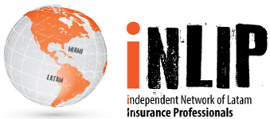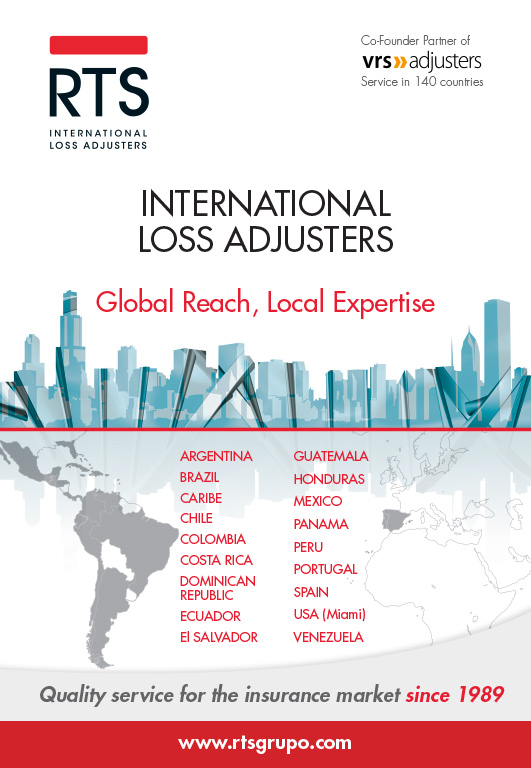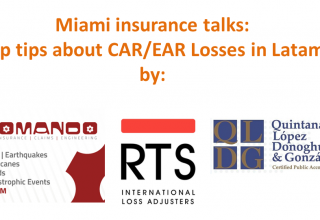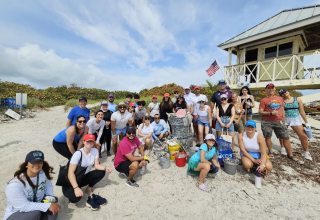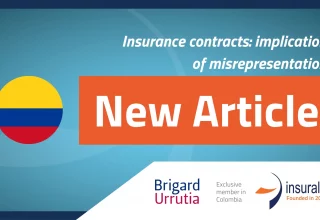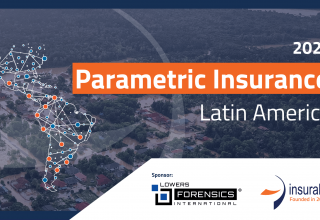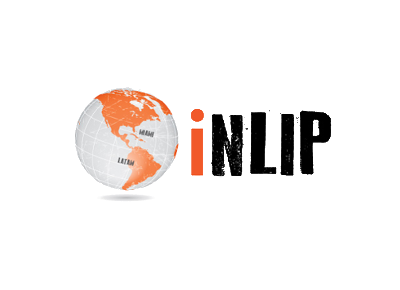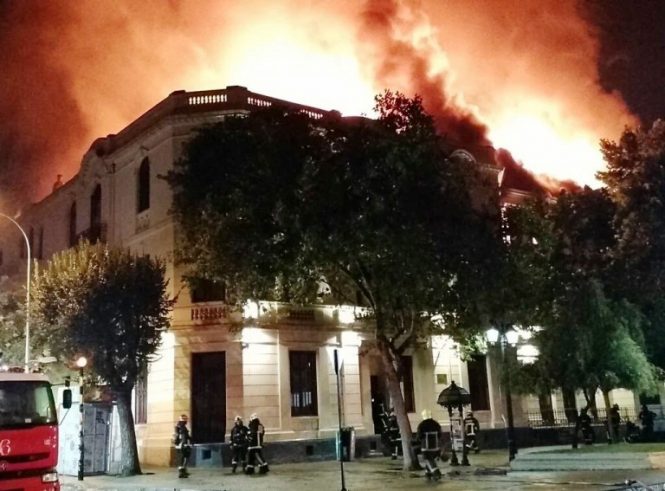
A fire affecting an area of over 3,000 m2 at a university that started just a few days after academic activities began turns dealing with a claim into a major challenge. It also involves more than the usual steps and measures as it requires what we call “claim management”.
To ensure the Faculty of Exact Sciences of Andrés Bello University in Santiago de Chile could start its academic year without delay after the fire that took place on 24 January 2016, RTS International Loss Adjusters had to do more than analyze the facts and appraise the damage.
After the loss occurred, creative and effective decisions were needed to, for example, relocate over 100 admin workers, laboratories and students. And RTS International Loss Adjusters has extensive experience of this in Chile.
Introduction
Law No. 20667 of 2013 that currently regulates insurance contracts in Chile defines what we understand as a loss in its article 513, Letter X: “The occurrence of the risk or damaging event included in the contract”. It is a brief, precise definition, yet it does not address, and neither should it, different classes of losses.
When we refer to a highly complex claim, we could make the mistake of thinking it is complex due to the extent of the loss or the amounts involved. However, as shown below, a highly complex claim is also defined by other factors.
What do we understand by a highly complex claim?
Although definitions cannot always provide a complete picture, the characteristics of highly complex claims require the participation of a multidisciplinary group to manage them. Adjusters manage these resources efficiently and effectively to establish the cause, cover and loss associated with a claim.
In other words, as we mentioned above, adjusters become a “claim manager”.
Investigation
Adjusting that establishes the cause/origin of a loss is crucial when investigating a highly complex claim. Sometimes more than one loss adjuster and even the participation of specialized laboratories are required.
Loss adjusting can bring up questions that should be addressed during the analysis process, which requires new forensic analyses.
This is all particularly complex in small markets with few specialized local loss adjusting firms where the services of international companies specialized in loss investigation occasionally have to be sought. One example is Investigación de Siniestros, operating in Chile since 2018, who we have worked with on a series of claims.
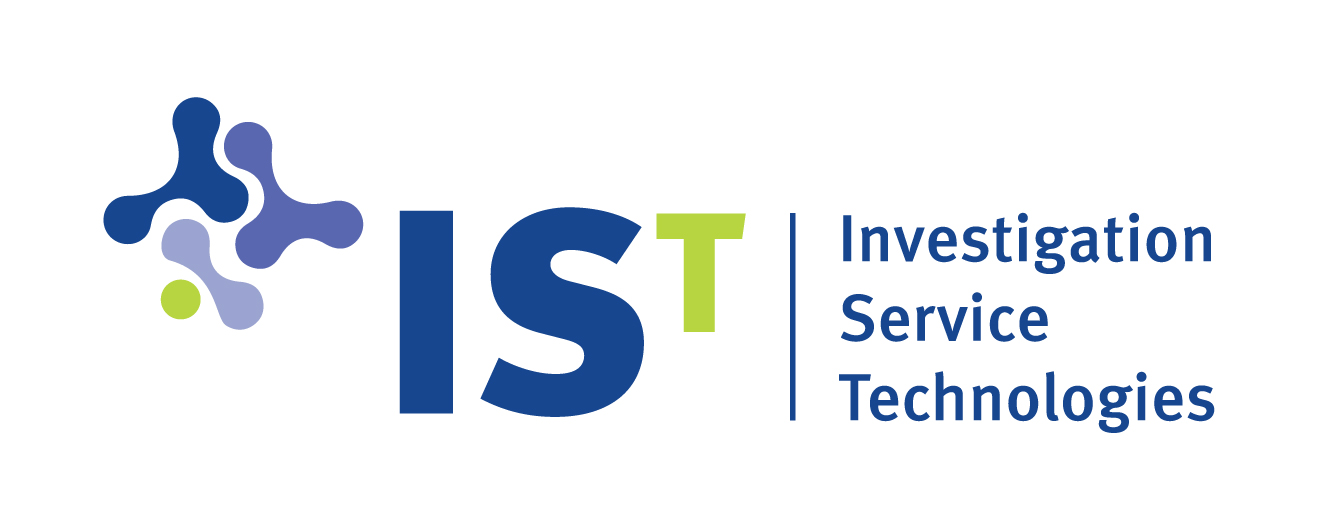
It is important for loss adjusting firms to use a standardized method in investigations. For instance, standard NFPA 921 serves as a “Guide for investigating fires and explosions”.
After applying this guide to the investigation method, we obtain standardized documents regardless of their conclusions.
The results help us to analyze losses based on the policy and to establish its risk cover and any exclusions.
After defining the cover of the loss and compiling background information, we can address any potential liabilities involved in the case. Depending on whether they are own liabilities or attributable to third parties, we can assess the feasibility of a potential legal recovery based on the terms and/or provisions in the policy.
The loss
When dealing with a highly complex claim, we must consider its size and the elements involved. Separating and structuring the analysis based on the profile of the professional advising every aspect of the case is also essential, as is defining in advance the actions to be taken during each step.
For example, the losses that had to be assessed for the Andrés Bello University claim were not limited to equipment and furniture. Impacted research and studies also had to be appraised, as well as losses arising from leases/rent and additional costs of relocating staff, to name a few examples.
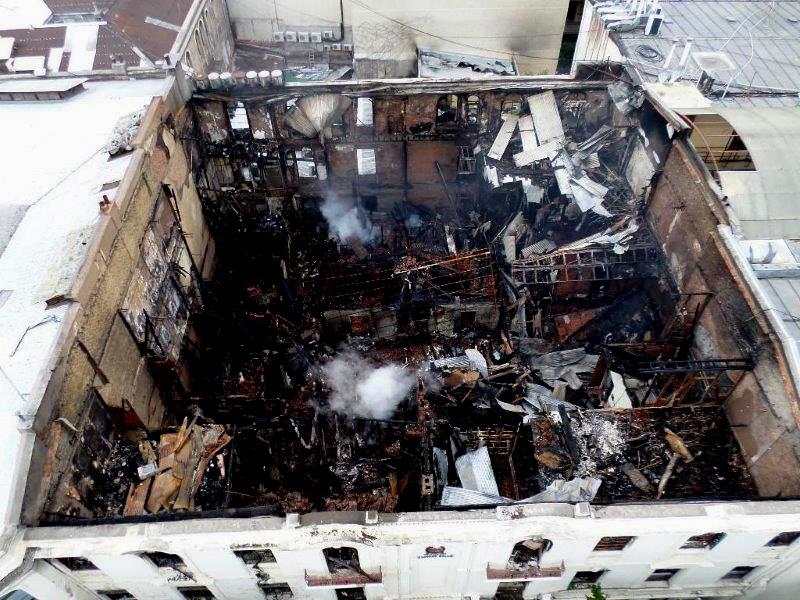
Nevertheless, to establish an ordered and effective process to determine a loss, we use the following sequence:
| Buildings | – Adjusting materials
– Defining reparables, recoverables and replaceables – Appraisal |
| Goods
|
– Analysis of samples
– Adjusting, if applicable – Appraisal |
| Machinery and equipment: | – Definition of layout
– Adjusting to assess possibility of recovery – Appraisal |
| Property, plant and equipment: | – Survey
– Appraisal |
| Business interruption due to shutdown: | – Accounting analysis, if necessary, by RTSLCC. |
Reviewing the sum insured poses the same complexities and challenges as those involved in determining the loss. Consequently, considering the appraisal clauses and proportionality rules in the policy is particularly important.
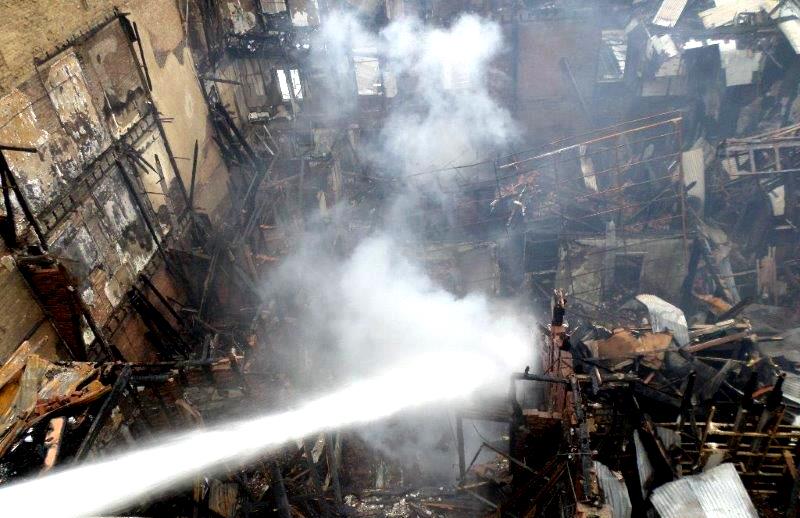
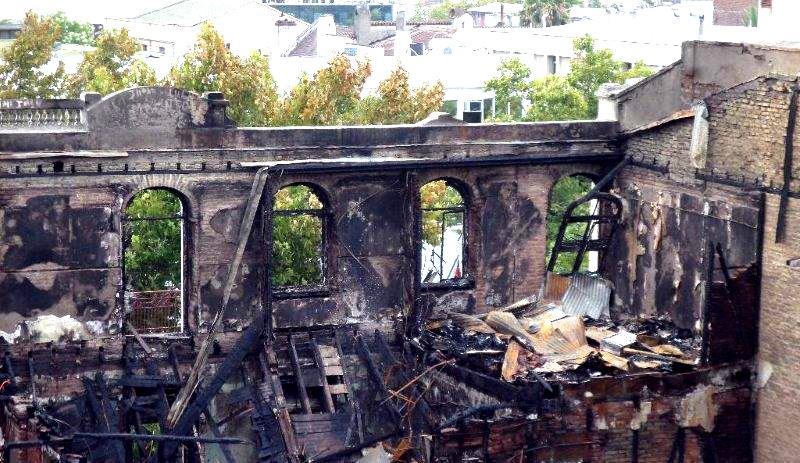
Conclusions
Dealing with highly complex claims requires non-automated tasks and, therefore, the skills of the people who manage them are vital to ensure a successful outcome. At RTS International Loss Adjusters we know how important it is to rely on an experienced team of professionals with well-defined leadership.
Also necessary are clearly established communication channels for both internal interaction between professionals and external interaction with the insured and insurers. This helps to prevent potentially contradictory and redundant information and maximize efficient information flows.
As proven by the experience of RTS International Loss Adjusters in Chile since we arrived in this local market, these additional factors are essential to ensure success in handling highly complex claims.
* This document is based on a presentation on highly complex claims we prepared for the Seminar held on 21 November 2017 by the Insurance Program of the Catholic University of Chile, called “Case Seminar: large claims and loss adjusting” that RTS International Loss Adjusters was invited to participate in together with our Property Manager, Mr. Jaime Silva.
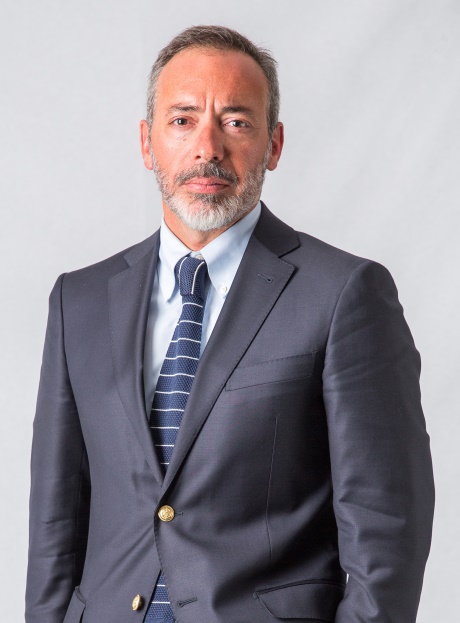
About José Francisco Vergara
José Francisco studied law at Andrés Bello University and is certified as an official insurance adjuster.
With over 16 years’ experience as a loss adjuster, he also manages the RTS International Loss Adjusters office in Santiago de Chile.
His career includes time spent teaching insurance subjects at the Santiago Insurance School and his major specialization in legal, construction and employer’s liability.
About RTS International Loss Adjusters
RTS International Loss Adjusters is an international business group founded in 1989 with our own offices in Spain, Latin America and Portugal. Since the beginnings, the business has focused on adjusting losses in industrial risks and all types of technical sectors.
For more information, please visit website http://rtsgrupo.com/
Related article: Our experience in Latin America and fast response were crucial in saving hundreds of millions in Guatapé
